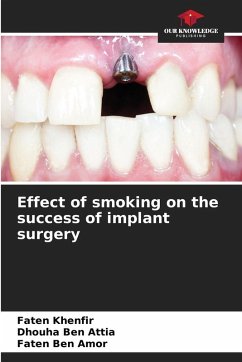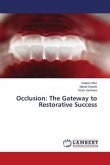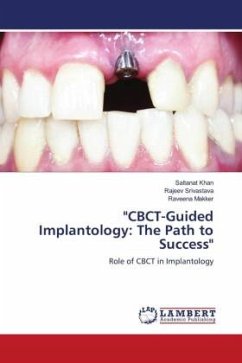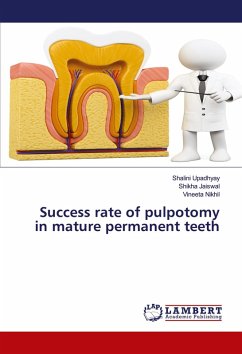Smoking is a major risk factor for general and oral health. Its deleterious effects are linked to the toxic composition of smoke (nicotine, carbon monoxide, tars, irritants, additives). In the oral cavity, it alters oral hygiene, saliva and bacterial flora, as well as connective and vascular tissues, leading to periodontal disease and various lesions (melanosis, candidiasis, leukoplakia, carcinomas).In implantology, smoking compromises osseointegration and increases the risk of failure. Implants placed in smokers have lower stability, greater marginal bone loss and an increased risk of peri-implantitis. The impact is even more marked with advanced surgery (guided bone regeneration, grafts, sinus lift, distraction osteogenesis), with a significantly higher rate of post-operative complications and failure. The relationship is dose-dependent: the greater the consumption, the greater the bone resorption and failure rate.Smoking cessation is a key factor in implant success. The dentalsurgeon plays a central role in informing patients, helping them to quit smoking, and integrating this approach into the treatment plan. Smoking cessation before and after implant placement significantly improves prognosis.In conclusion, although dental implants are possible in patients who smoke, smoking remains a key factor in failure. Awareness-raising, smoking cessation and rigorous clinical follow-up are essential to optimize the success of implant surgery.
Bitte wählen Sie Ihr Anliegen aus.
Rechnungen
Retourenschein anfordern
Bestellstatus
Storno








